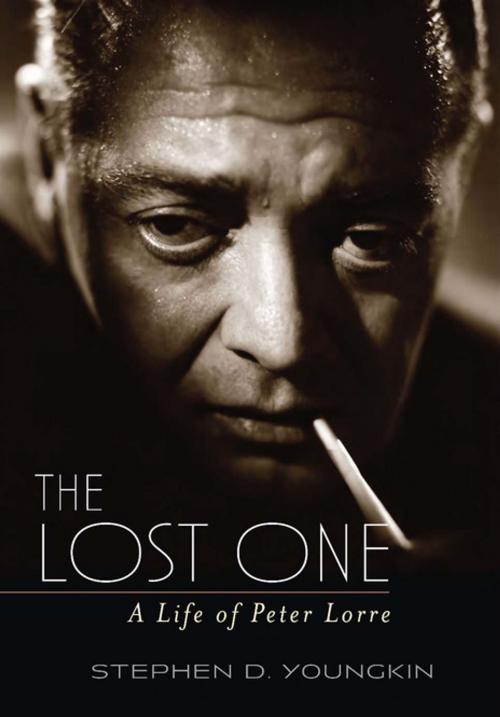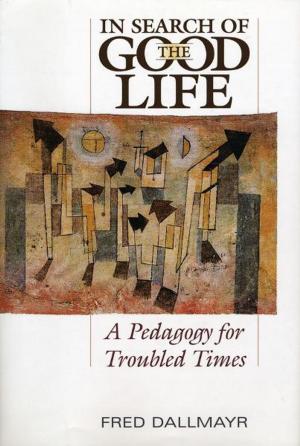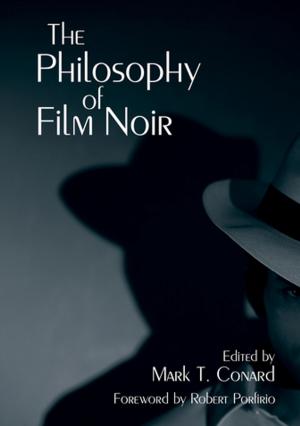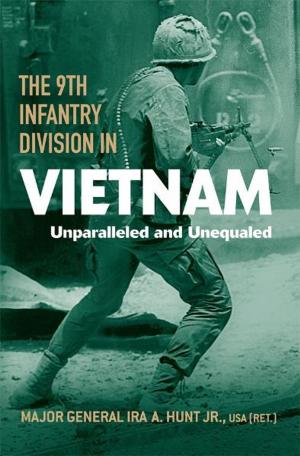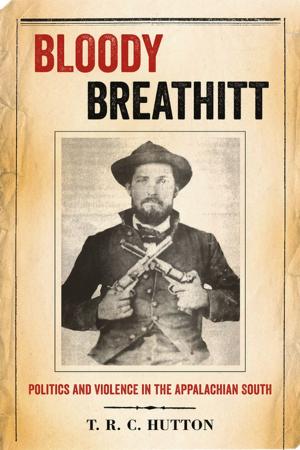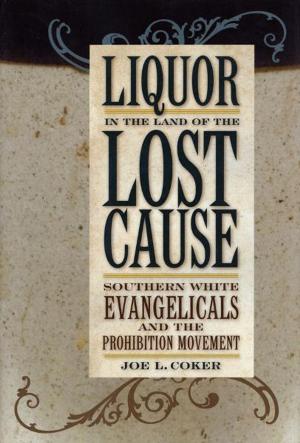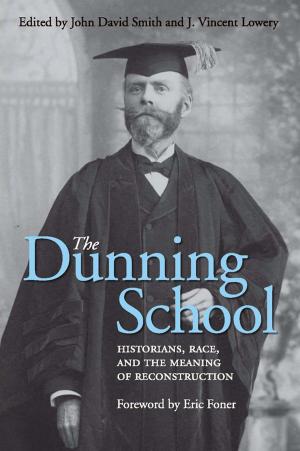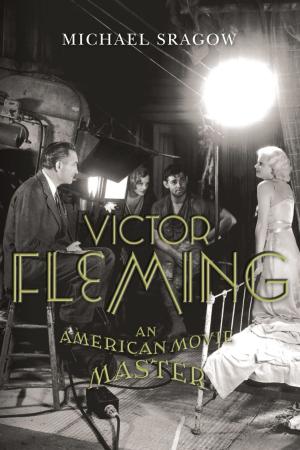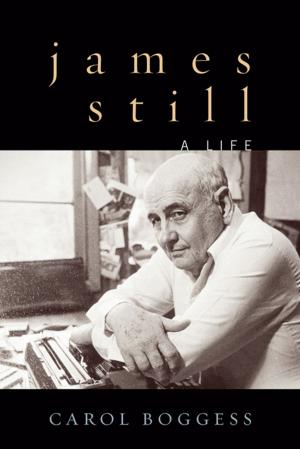The Lost One
A Life of Peter Lorre
Nonfiction, Entertainment, Film, History & Criticism, Performing Arts, Biography & Memoir, Entertainment & Performing Arts| Author: | Stephen D. Youngkin | ISBN: | 9780813137001 |
| Publisher: | The University Press of Kentucky | Publication: | September 30, 2005 |
| Imprint: | The University Press of Kentucky | Language: | English |
| Author: | Stephen D. Youngkin |
| ISBN: | 9780813137001 |
| Publisher: | The University Press of Kentucky |
| Publication: | September 30, 2005 |
| Imprint: | The University Press of Kentucky |
| Language: | English |
Often typecast as a menacing figure, Peter Lorre achieved Hollywood fame first as a featured player and later as a character actor, trademarking his screen performances with a delicately strung balance between good and evil. His portrayal of the child murderer in Fritz Lang's masterpiece M (1931) catapulted him to international fame. Lang said of Lorre: "He gave one of the best performances in film history and certainly the best in his life." Today, the Hungarian-born actor is also recognized for his riveting performances in The Man Who Knew Too Much (1934), The Maltese Falcon (1941), and Casablanca (1942). Lorre arrived in America in 1934 expecting to shed his screen image as a villain. He even tried to lose his signature accent, but Hollywood repeatedly cast him as an outsider who hinted at things better left unknown. Seeking greater control over his career, Lorre established his own production company. His unofficial "graylisting" by the House Committee on Un-American Activities, however, left him with little work. He returned to Germany, where he co-authored, directed, and starred in the film Der Verlorene (The Lost One) in 1951. German audiences rejected Lorre's dark vision of their recent past, and the actor returned to America, wearily accepting roles that parodied his sinister movie personality.The first biography of this major actor, The Lost One: A Life of Peter Lorre draws upon more than three hundred interviews, including conversations with directors Fritz Lang, Alfred Hitchcock, Billy Wilder, John Huston, Frank Capra, and Rouben Mamoulian, who speak candidly about Lorre, both the man and the actor. Author Stephen D. Youngkin examines for the first time Lorre's pivotal relationship with German dramatist Bertolt Brecht, his experience as an émigré from Hitler's Germany, his battle with drug addiction, and his struggle with the choice between celebrity and intellectual respectability.Separating the enigmatic person from the persona long associated with one of classic Hollywood's most recognizable faces, The Lost One is the definitive account of a life triumphant and yet tragically riddled with many failed possibilities.
Often typecast as a menacing figure, Peter Lorre achieved Hollywood fame first as a featured player and later as a character actor, trademarking his screen performances with a delicately strung balance between good and evil. His portrayal of the child murderer in Fritz Lang's masterpiece M (1931) catapulted him to international fame. Lang said of Lorre: "He gave one of the best performances in film history and certainly the best in his life." Today, the Hungarian-born actor is also recognized for his riveting performances in The Man Who Knew Too Much (1934), The Maltese Falcon (1941), and Casablanca (1942). Lorre arrived in America in 1934 expecting to shed his screen image as a villain. He even tried to lose his signature accent, but Hollywood repeatedly cast him as an outsider who hinted at things better left unknown. Seeking greater control over his career, Lorre established his own production company. His unofficial "graylisting" by the House Committee on Un-American Activities, however, left him with little work. He returned to Germany, where he co-authored, directed, and starred in the film Der Verlorene (The Lost One) in 1951. German audiences rejected Lorre's dark vision of their recent past, and the actor returned to America, wearily accepting roles that parodied his sinister movie personality.The first biography of this major actor, The Lost One: A Life of Peter Lorre draws upon more than three hundred interviews, including conversations with directors Fritz Lang, Alfred Hitchcock, Billy Wilder, John Huston, Frank Capra, and Rouben Mamoulian, who speak candidly about Lorre, both the man and the actor. Author Stephen D. Youngkin examines for the first time Lorre's pivotal relationship with German dramatist Bertolt Brecht, his experience as an émigré from Hitler's Germany, his battle with drug addiction, and his struggle with the choice between celebrity and intellectual respectability.Separating the enigmatic person from the persona long associated with one of classic Hollywood's most recognizable faces, The Lost One is the definitive account of a life triumphant and yet tragically riddled with many failed possibilities.
